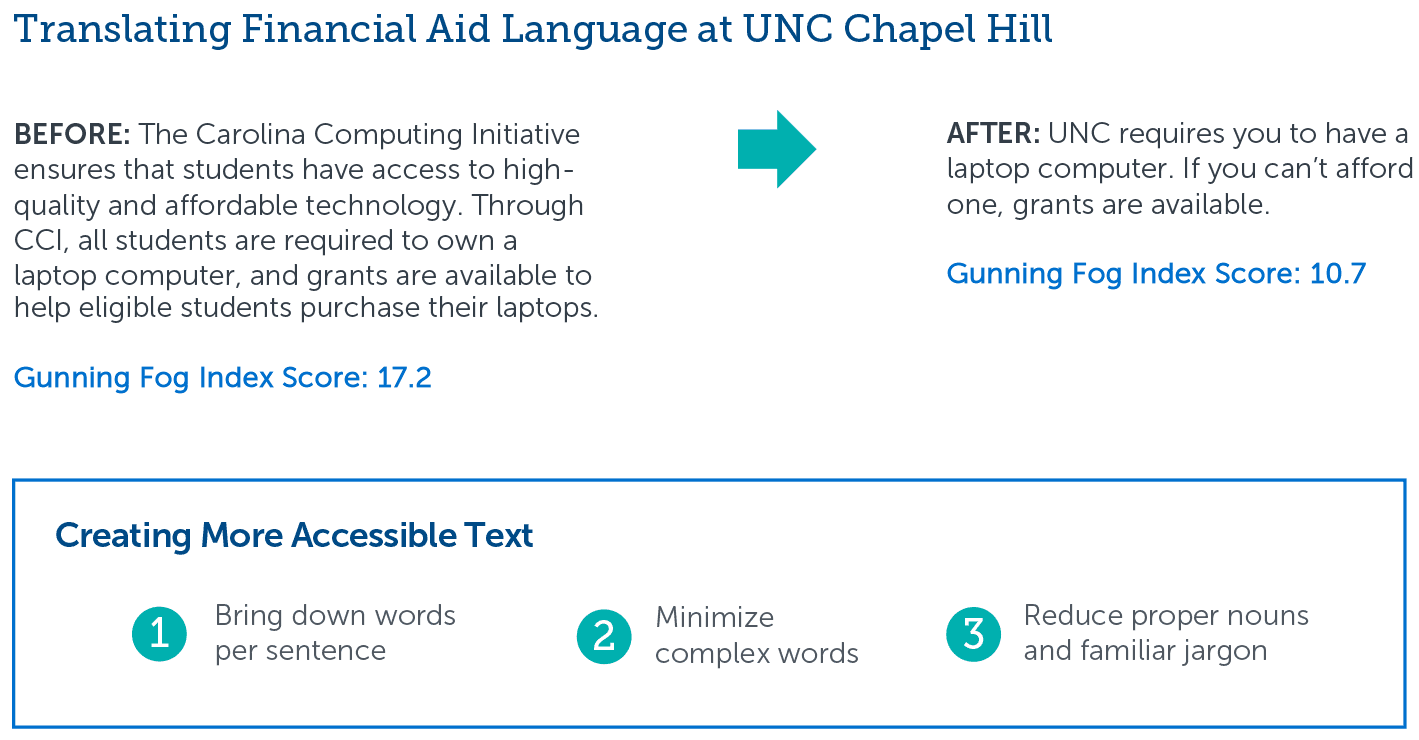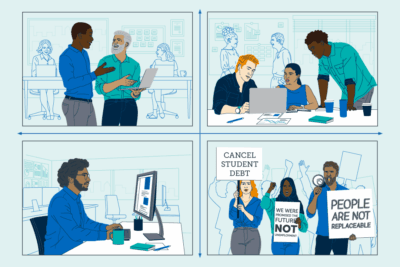Supporting First-Generation College Students
Understanding how colleges can support first-generation students requires simplifying academic processes, fostering mentorship programs, and offering financial aid guidance. Research shows that 33% of first-gen students drop out within three years, compared to just 14% of continuing-generation students. To bridge this gap, universities must provide tailored support from admissions through graduation. This guide explores best practices, resources, and actionable strategies to help first-gen students succeed.

Educate first-gen parents about the college experience
Parents of first-gen students play a critical role in student success, but many lack insider knowledge about higher education system. By engaging first-gen parents in orientation and first-generation student programs, institutions can improve retention and overall student success.

Reduce jargon in university communications
As soon as they begin interacting with college and universities, first-gen students struggle to navigate complex university terminology. Higher education terminology can be confusing, complicating task completion and reinforcing questions about belonging that often hinder first-generation students’ transition.

-
Research Highlights
The University of North Carolina at Chapel Hill completed a “translation exercise” to improve the readability of some of their most accessed resources for incoming students. View the case study below, then complete the jargon reduction exercise yourself.

Use positive identity-based messaging to foster community for first-gen students
Creating a sense of belonging is essential when supporting first-generation college students through their transition to higher education. Many struggle with their initial transition, often feeling isolated or questioning whether they truly belong at the institution.
Recognizing first-generation status as an important aspect of students’ identities communications to them that they are not alone, they have resources to support them, and they shouldn’t be ashamed.

Provide career development early on
First-generation students may be underprepared to secure a fulfilling career after graduation. They might often have limited professional networks and less experience with internships, networking, and job searching. Universities can improve career support for first-generation students by offering networking workshops, job shadowing opportunities, and alumni mentorship programs.

Now that you've finished the roadmap

More Resources

The Future of College Graduates in the AI Workforce

5 Insights About Changing Student Preferences
